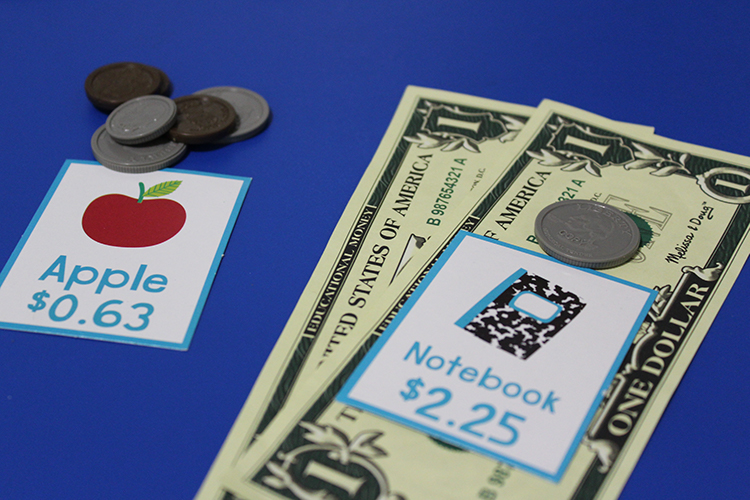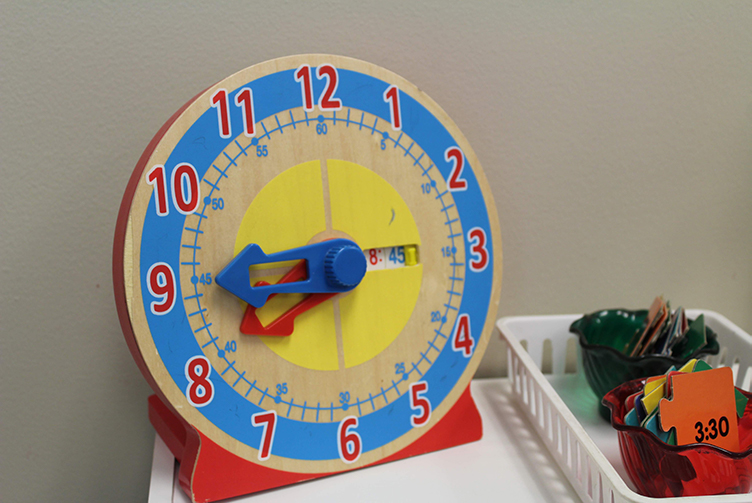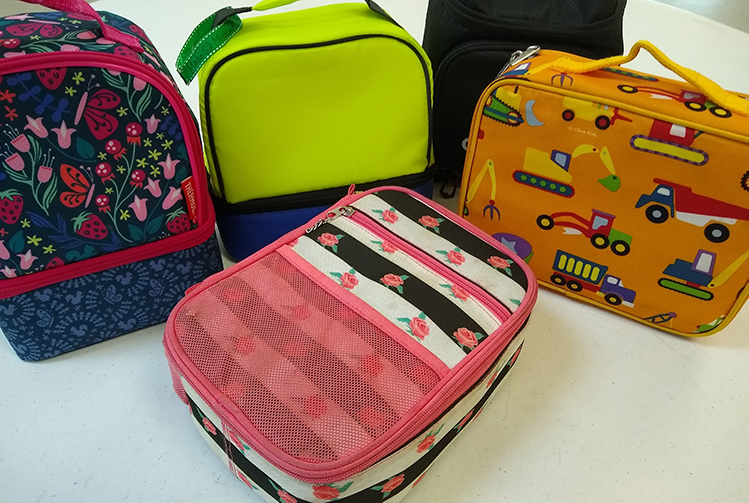Programs Overview
Programs we offer
At the Montessori School of Madison, we foster learning using self-directed learning, work as play, multi-age grouping, and individualized learning (learn more about the Montessori Method) in each of our programs. We offer preschool, kindergarten, and early elementary programs as well as offer learning during the summer. We have suggested ages for each of the programs, but children can transition to a different level when they are developmentally ready at any point in the academic year.
Explore our different programs below:

Tuition
Since we offer a wide range of programs, we encourage you to call us to ask about tuition rates. We also offer income based and need based tuition options as we believe that cost should not be a prohibiting factor in a child's education.
Hours
- Drop Off: starts at 7:30am (Full Day only)
- Full Day: 8:30am - 4:00pm
- Half Day: 8:30am - 1:00pm (Preschool only)
- Extended Care: 4:00 - 5:00pm
We also offer 2, 3, 4, and 5-day programs for our preschoolers.


Lunch and Snacks
We have lunch at 11:00am each day and children who are full day get the chance to eat an afternoon snack around 1:30pm. Children that nap can eat their snack after they wake up. We ask that parents provide food for both of these meals and that your child’s lunchbox should be labeled.
Our Curriculum
We want to ensure a well-rounded education for all of our children.
Read more about the different subjects we focus on in our curriculum.
School Forms
Parent HandbookRegistration Form